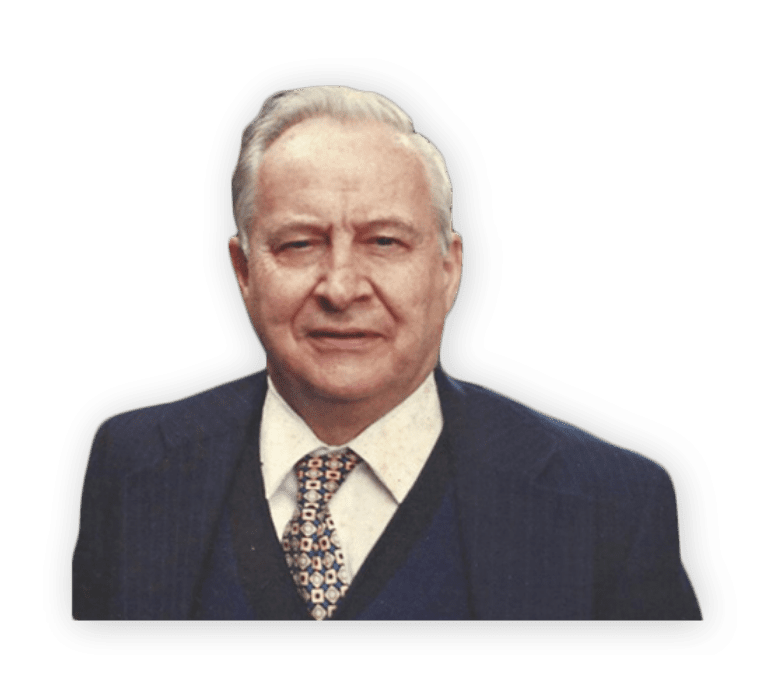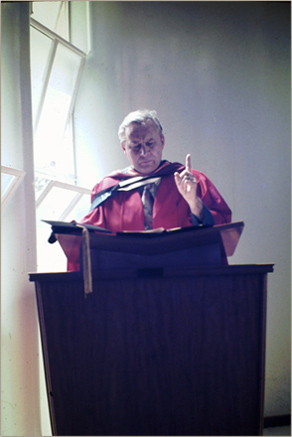Extract from Biblical Presbyterian Eldership – To read the full work, click “Download” below.
There is no more important officer in the Christian Church — – than the Elder. Whatever else Preachers and even Patriarchs and Apostles may be, -they are basically “Elders” too. One of the very words for “Elder” — Presbuteros in the Greek — has given the name ‘Presbyterian to our denomination. Indeed, especially Presbyterianism is unthinkable — without Elders. So too is the Biblical Church — from Genesis to Revelation.

